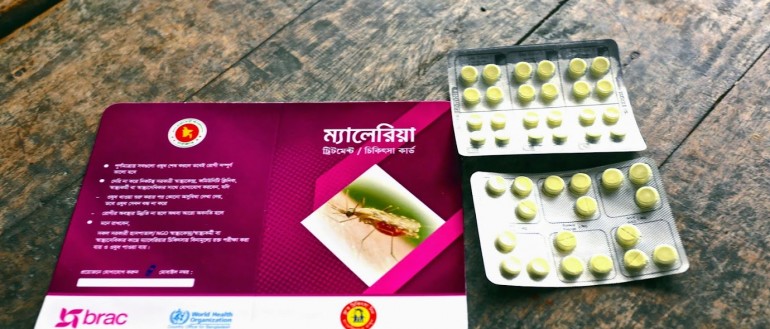Ten years of malaria studies in Sabah
For 10 years, Menzies has teamed with Sabah’s Infectious Diseases team to improve the diagnosis, treatment and prevention of malaria.
Over the past year, the team have demonstrated:
- the ongoing rise in zoonotic malaria from Plasmodium knowlesi in parallel with land-use changes
- the near elimination of Plasmodium falciparum and Plasmodium vivax malaria
- the decline in the case-fatality rate due to increased recognition and the widespread rollout of artesunate and artemisinin-combination therapies
- the first comprehensive analysis of mortality risk factors.
New mechanisms underlying severe disease from each of the parasite species causing severe malaria were identified, including the importance of red blood cell rupture in causing acute kidney injury – a major complication in falciparum and knowlesi malaria.
As a result, a large randomised clinical trial of a low-cost adjunctive agent, paracetamol, was undertaken. The trial demonstrated that regularly dosed paracetamol can protect against kidney injury in patients with severe knowlesi malaria or with existing kidney injury at the time of treatment, especially in those with pronounced red cell rupture.
The findings of the study have informed changes to national malaria treatment protocols.
Learn more about our malaria research here.
Photo credit: Pearl Gan in association with Oxford University Clinical Research Unit (OUCRU), Vietnam and Eijkman-Oxford Clinical Research Unit (EOCRU), Indonesia.

